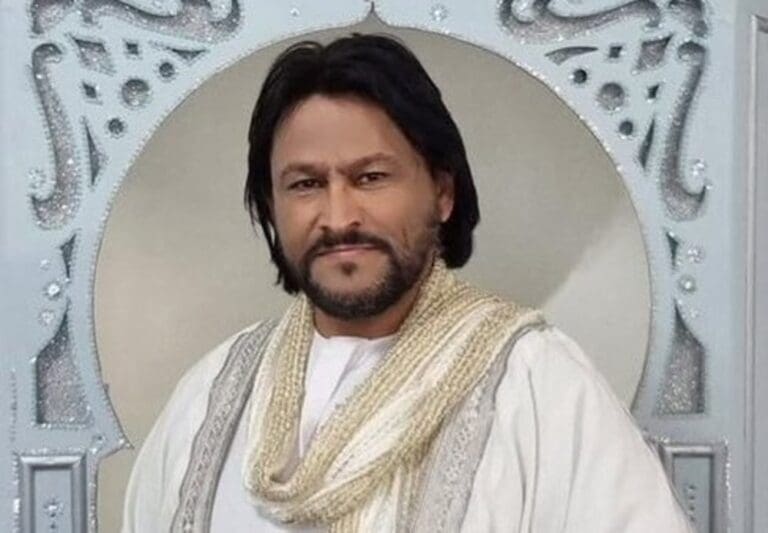The killing of Muhsin Hendricks, a pioneering openly gay Islamic cleric, has sent shockwaves through South Africa’s LGBTQ+ and Muslim communities, reigniting conversations about queer rights, religious tolerance and violence against marginalised groups.
Born in Cape Town, South Africa, in 1967, Hendricks was a trailblazer in reconciling Islam with LGBTQ+ identities.
He holds a qualification in Classical Arabic and Islamic Studies from the University of Islamic Studies (Jamia Dirasat Al-Islamiyyah) in Pakistan but later distanced himself from conservative interpretations that condemned homosexuality.
Hendricks challenged homophobic interpretations of Islamic texts and sought to offer guidance to LGBTQ+ individuals struggling to balance their faith and identity.
His activism extended to international platforms where he collaborated with human rights organisations to push for greater inclusivity within religious communities.
The world’s first openly gay imam was shot dead in broad daylight while in his car in the coastal city of Gqeberha on February 15.
CCTV footage of the incident showed an unknown person firing shots at Hendricks through the window.
His death has deeply shaken South Africa’s queer community, which has long admired his courage in confronting both religious opposition and societal discrimination.
Activists have condemned the killing as part of a growing pattern of violence against LGBTQ+ individuals in the country.
“We call on the authorities to conduct a full and transparent investigation to ensure that justice is served,” said Al-Ghurbaah Foundation, one of the organisations that he formed.
As investigations continue, activists are demanding justice – not just for Hendricks, but for all LGBTQ+ South Africans who live under the threat of violence.
His legacy serves as a stark reminder of the work still needed to achieve true equality and acceptance.
“Imam Muhsin Hendricks dedicated his life to fostering inclusive spaces, advocating for marginalised communities and promoting inter-faith dialogue. His work will not end with his passing,” the foundation said.
The Muslim Judicial Council (MJC), one of South Africa’s leading Islamic bodies, expressed condolences but stopped short of endorsing Hendricks’ activism.
“As members of a democratic, pluralistic society, the MJC remains steadfast in advocating for peaceful coexistence and mutual respect, even amidst divergent views,” the MJC said.
The United Ulama Council of South Africa reiterated its stance on traditional Islamic teachings regarding homosexuality but condemned any form of violence.
JN/APA


